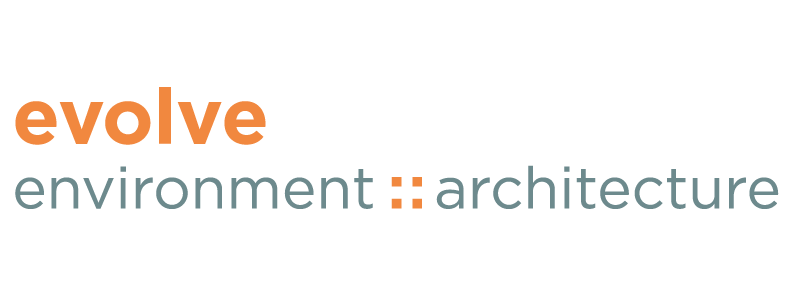Greater Pittsburgh Community Food Bank Achieves LEED Gold Certification
One of the Pittsburgh region’s largest buildings run by a charitable organization has achieved a Gold level certification under the US Green Building Council’s LEED (Leadership in Energy and Environmental Design) for New Construction rating system. Greater Pittsburgh Community Food Bank’s newly renovated and expanded facility is contributing to the organization’s mission to leverage the power of community to achieve lasting solutions to hunger and its root causes. The original building was a 95,000 SF former steel-mill that made history when it opened twenty-four years ago as the first LEED-certified building in Pittsburgh and the first LEED-certified food bank in the United States. The expansion project increased the size of the facility to 130,000 SF, adding new offices and more cooler space to house fresh produce. Its history of elevating the issue of environmental sustainability made the choice to design and build its new space to LEED Gold standards an easy one.
“We are ecstatic to build upon the organization’s long-standing commitment to sustainability throughout all facets of our work. It is wonderful to celebrate the LEED Gold certification of our Food Bank, stewarding the community’s strong support to meet the needs of our neighbors.”
— Justin Lee, Chief Operating Officer
The renovated Food Bank serves as a Community Resiliency Hub, with the ability to provide surrounding areas with a variety of emergency services in times of crisis. As part of the expansion project, a new converter captures the heat exhaust from food coolers and helps heat the building. The Food Bank also partners with an organization that has a biodigester to turn food waste into fertilizer for use at the organic Food Bank farm, and a rainwater collection system.. These strategies helped the project earn points toward the LEED certification, as did the incorporation of building products with positive environmental and health attributes. The project is simulated to use over 25% less energy and over 30% less water than a comparable building, while over 85% of the construction waste was diverted from landfills.
“Through an in-depth goal-setting process at the start of the project, everyone was clear that we wanted to build upon the original pioneering LEED certification. It’s been a long road and we are pleased that we were able to exceed expectations and achieve LEED Gold certification,” stated Marc Mondor, AIA, LEED Fellow, Principal with evolveEA.
The new Food Bank project was designed by architects Pfaffmann + Associates, with Iams Consulting as engineer and Massaro Construction as contractor. The sustainability process and LEED Gold certification was managed by evolveEA.


